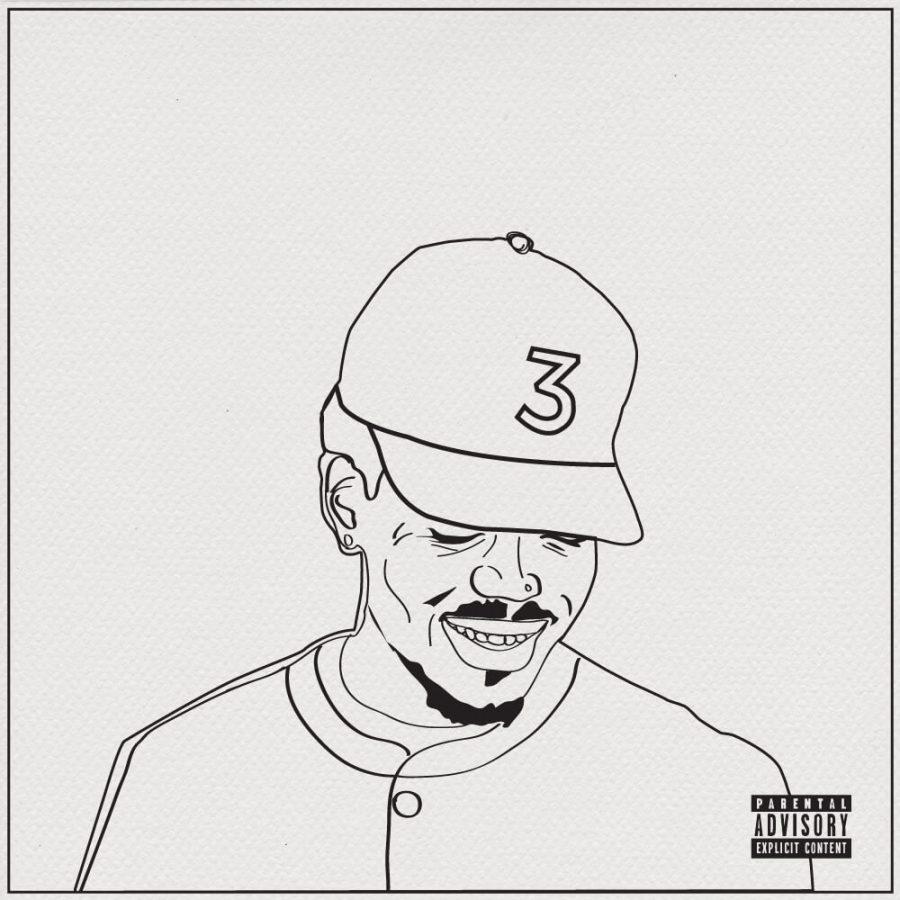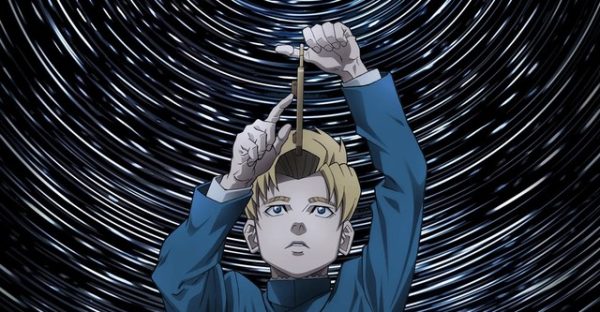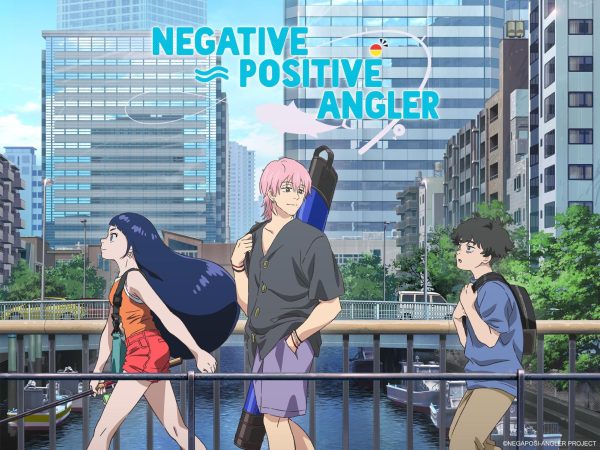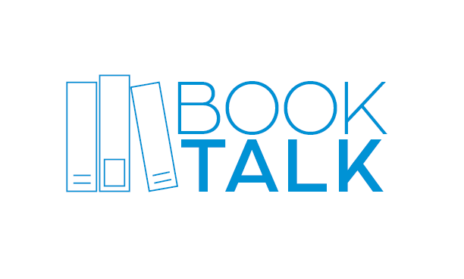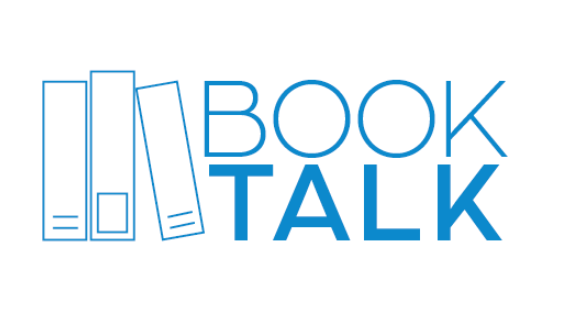Chance the Rapper artfully paints canvas in “Coloring Book”
In the absence of a proper full length album, Chance the Rapper has managed to spend the past five years constructing a critically acclaimed catalogue of mixtapes with 2012’s “10 Day” and, a year later, his breakthrough “Acid Rap”. Meanwhile, collaborations with various artists such as rapper Lil B and his own neo-soul/hip hop fusion group, The Social Experiment, served to diversify his resume, contributing to his credit as a consistently quality artist.
His latest foray, a free Apple Music exclusive mixtape titled “Coloring Book” is yet another delectable bite from his increasingly vast array of projects, this one being his most well rounded to date. The mixtape is interspersed with a few questionable artistic ventures that ultimately do not pay off, but, much like his erratic style, is dwarfed in comparison to the overall quality of the record.
“All We Got,” the intro song featuring Kanye West, bears too much semblance to West’s own Life of Pablo gospel album to be considered distinct in the same manner as the majority of the later tracks. West’s earlier album suffered from poorly placed Kanye “artistry,” such as the last segment of “Father Stretch My Hands Pt. 2” that devolves into an unbearable bit of samples attempting to convey the wholesome sound of West’s song “Famous,” where an entire sample from Sister Nancy’s “Bam Bam” plays to a much better effect. In the same manner, the chorus of “All We Got” showcases a distracting autotuned hook with an abrupt blaring trumpet that alarms the audience rather than soothes, detracting from Chance’s solid verses. The following track, “No Problem,” is in direct contrast to this, a highlight of the album that showcases Lil Wayne’s classic knack for wordplay, 2 Chainz’ enduring appeal and Chance’s spite for major record labels.
The song “Angels,” which combines a smorgasbord of offbeat sounds, benefits far more from its variety and tempo. Chance places his home city of Chicago at the forefront in this track, speaking in unfamiliar Chicago lingo (“All of the sudden woo wap da bam you can’t touch me”) and delivering lines spoken from a state of local prominence (“I got my city doing front flips/ when every father, mayor, rapper jump ship”). Likewise, on the song “Mixtape” with rappers Young Thug and Lil Yachty, Chance capitalizes on his unique placement in hip hop. Where “Angels” basks in the glory of Chicago fame, “Mixtape” is how Chance indulges in the freedom of being unattached to industry labels – an all but unheard of feat for a rapper of his success.
The majority of the album is a blend between gospel and rap that effectively transitions between the two without too much of a jarring effect. Only in one instance does the faith-based segment impede the hip hop in the song “How Great”, where practicing Muslim singer Jay Electronica provides the album’s greatest feature regardless. The first half dawdles on for far too long, with a singer aptly named “My Cousin Nicole” delivering a rendition of the traditional Christian song “How Great is Our God” that grows tedious after the first minute. To Chance’s credit, the second half results in the most passionate set of verses he has rapped up until now, with clever lines seeped in wisdom like “Hear, for I will speak noble things as entrusted me/ Only righteous, I might just shrug at the skullduggery.” Other openly Biblical tracks like both versions of “Blessings” and “Finish Line/Drown” are great editions to this record.
Each song is meticulously placed, and with the exceptions of the forgettable “All We Got,” Chicago House style pop track “All Night” and socially conscious but mundane “Summer Friends”, Coloring Book is an overall accomplishment in Chance’s increasingly unorthodox resume. The album rebounds after each misstep to craft something notable and is significant in its distinct matching of uplifting gospel and brass-balled raps. Chance the Rapper’s knowledge of what constitutes quality music is only growing more vast with each record he releases. With Coloring Book now a significant achievement in modern hip hop, his progression from street-worthy to praiseworthy is as admirable as ever.
Your donation will support the student journalists of Hagerty High School. We are an ad-free publication, and your contribution helps us publish six issues of the BluePrint and cover our annual website hosting costs. Thank you so much!

